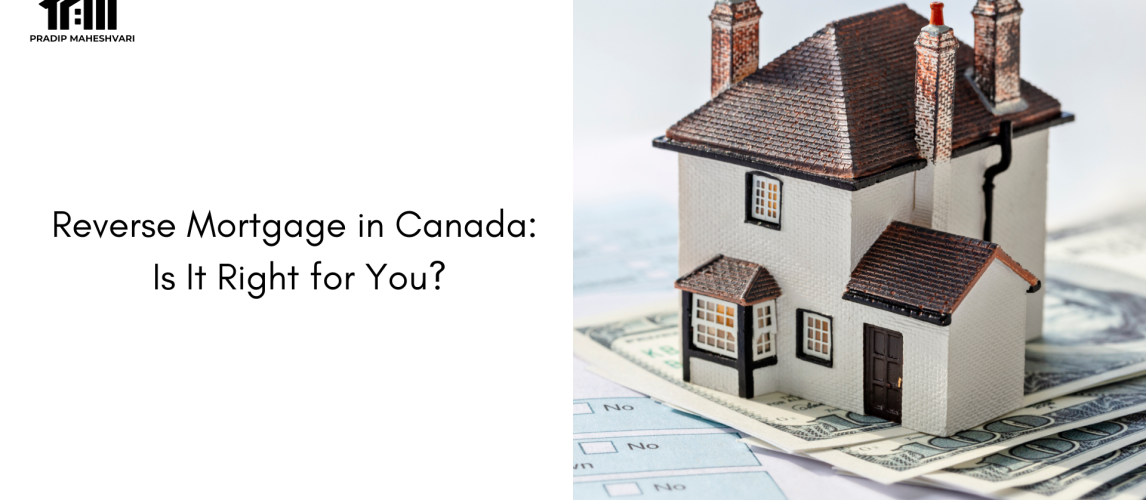Retired but still feeling house-rich and cash-poor?
You’re not alone—and yes, there’s a solution designed exactly for this scenario: the reverse mortgage.
A reverse mortgage in Canada lets homeowners aged 55+ tap into their home’s equity without selling or making monthly payments. But is it a smart move for everyone?
Let’s break it down so you can make an informed decision about your financial future.
What Is a Reverse Mortgage?
A reverse mortgage is a loan that allows you to access up to 55% of your home’s appraised value.
Unlike a traditional mortgage, you don’t need to make regular payments. Instead, the loan is repaid when you sell your home, move out permanently, or pass away.
The most common provider in Canada is the CHIP Reverse Mortgage by HomeEquity Bank.
Who Qualifies for a Reverse Mortgage in Canada?
To qualify, you must:
- Be 55 years or older
- Own your home outright or have a significant amount of equity
- Live in the home as your primary residence
Approval also depends on your home’s location, type, condition, and market value.
Pros of a Reverse Mortgage
Before making any financial decision, weigh the upside:
- No Monthly Payments: Keep living in your home without the stress of mortgage bills.
- Tax-Free Cash: Funds received are not taxable income.
- Flexible Use: Pay off debt, renovate, supplement retirement income, or help family.
- Maintain Ownership: You stay on the title and retain full control of your property.
What Are the Drawbacks of a Reverse Mortgage?
Like any financial product, a reverse mortgage comes with trade-offs:
- Interest Accumulates: Since you’re not making payments, the interest builds over time.
- Less Inheritance: The loan reduces the equity left for your heirs.
- Fees Apply: Appraisal, legal, and closing fees are typically deducted from the loan amount.
When Is a Reverse Mortgage a Good Idea?
A reverse mortgage might be the right fit if:
- You’re on a fixed income and need cash flow without selling your home
- You’re planning to stay in your home long-term
- You want to avoid downsizing or moving in retirement
- You have few liquid assets but significant home equity
For Example:
A retired couple in Ontario could use a reverse mortgage to pay off lingering debt, make home improvements for aging in place, and still live comfortably without selling their lifelong home.
Is a Reverse Mortgage Right for You?
Reverse mortgages can be a strategic retirement tool if used wisely. They’re not for everyone, and it’s important to consider your long-term goals and talk to a mortgage professional.
At Pradip Maheshvari Mortgages, we help you weigh the pros and cons of reverse mortgage options based on your unique situation.
Let’s explore if this path fits your future:


No comment yet, add your voice below!